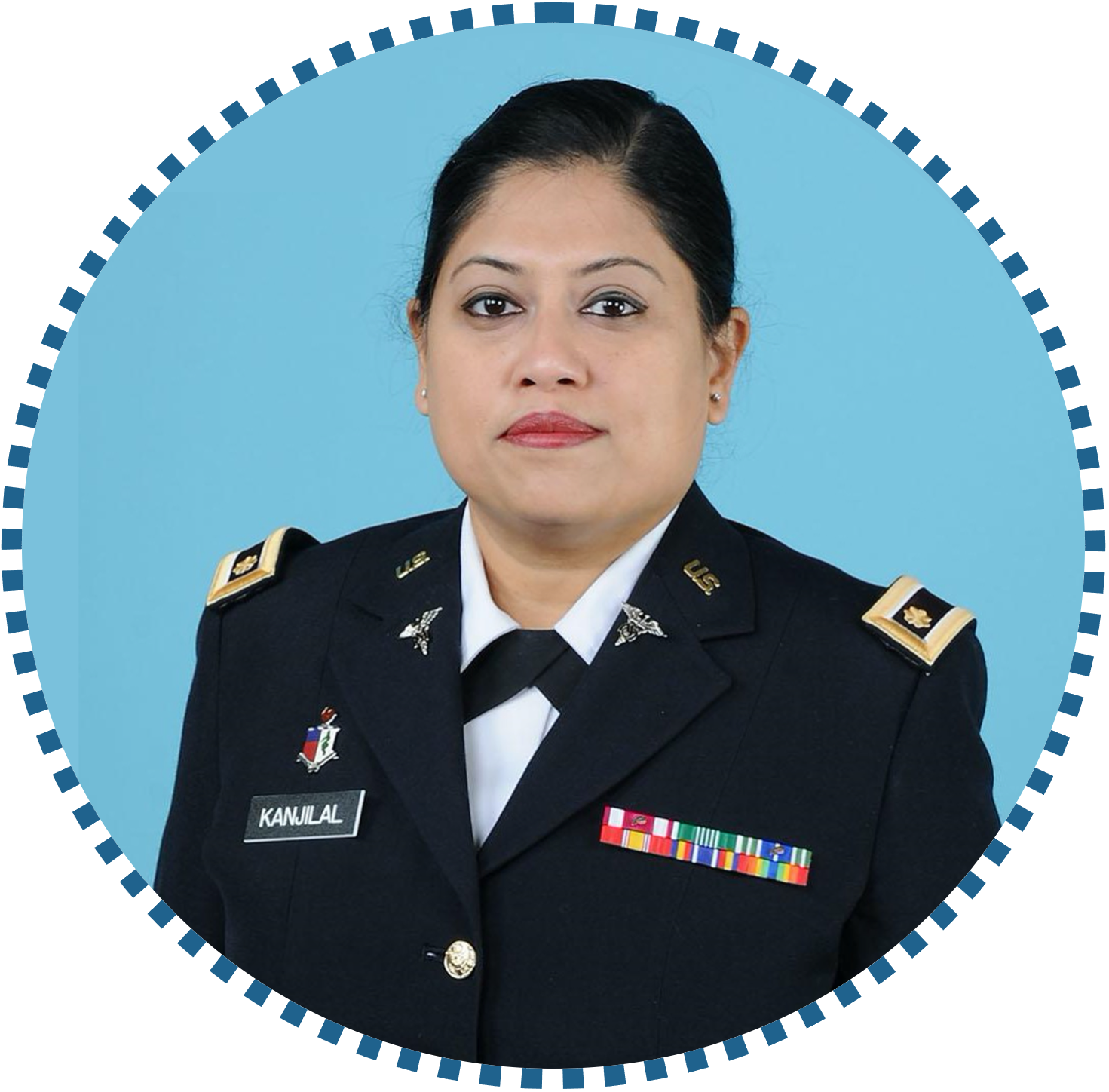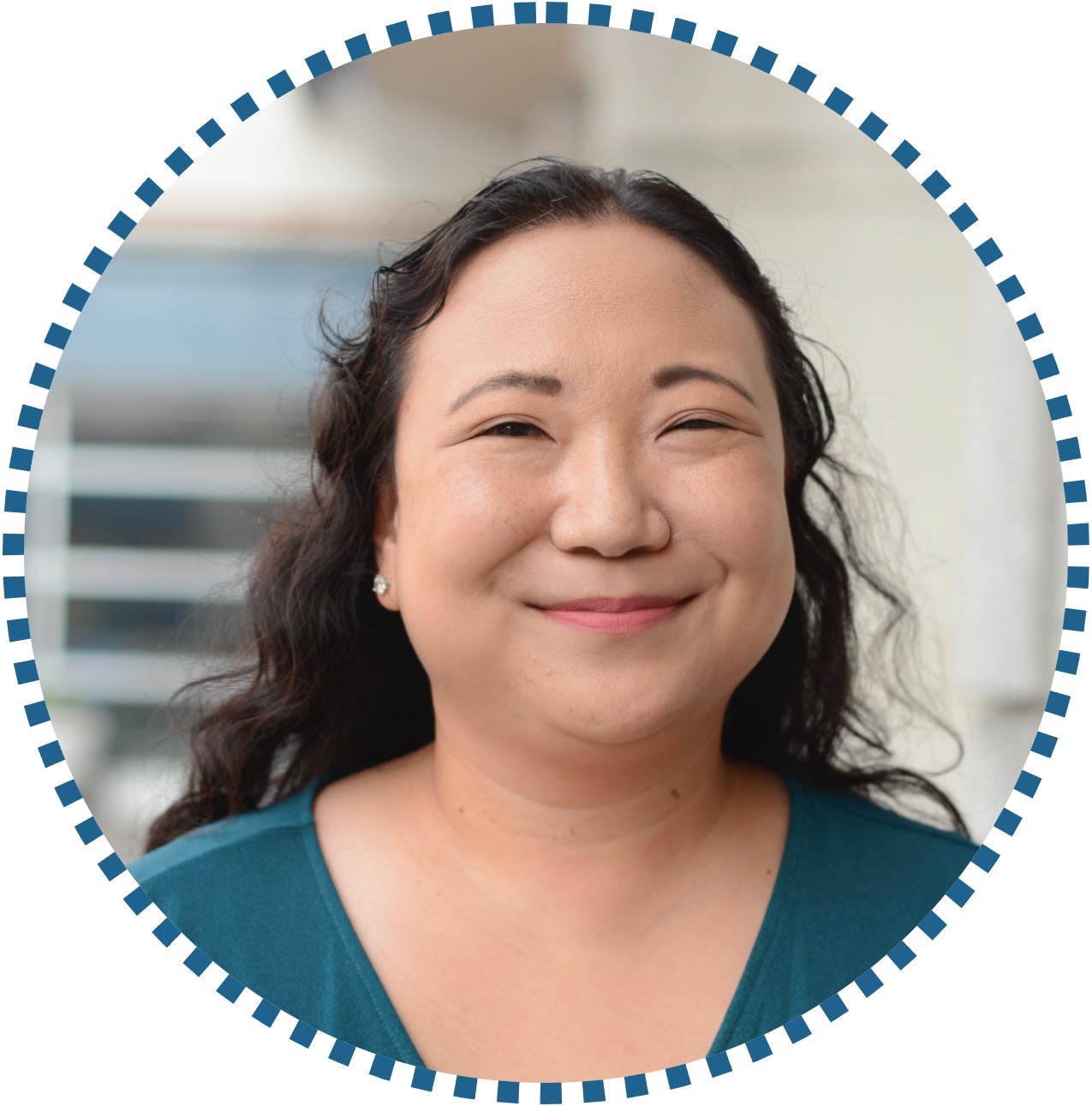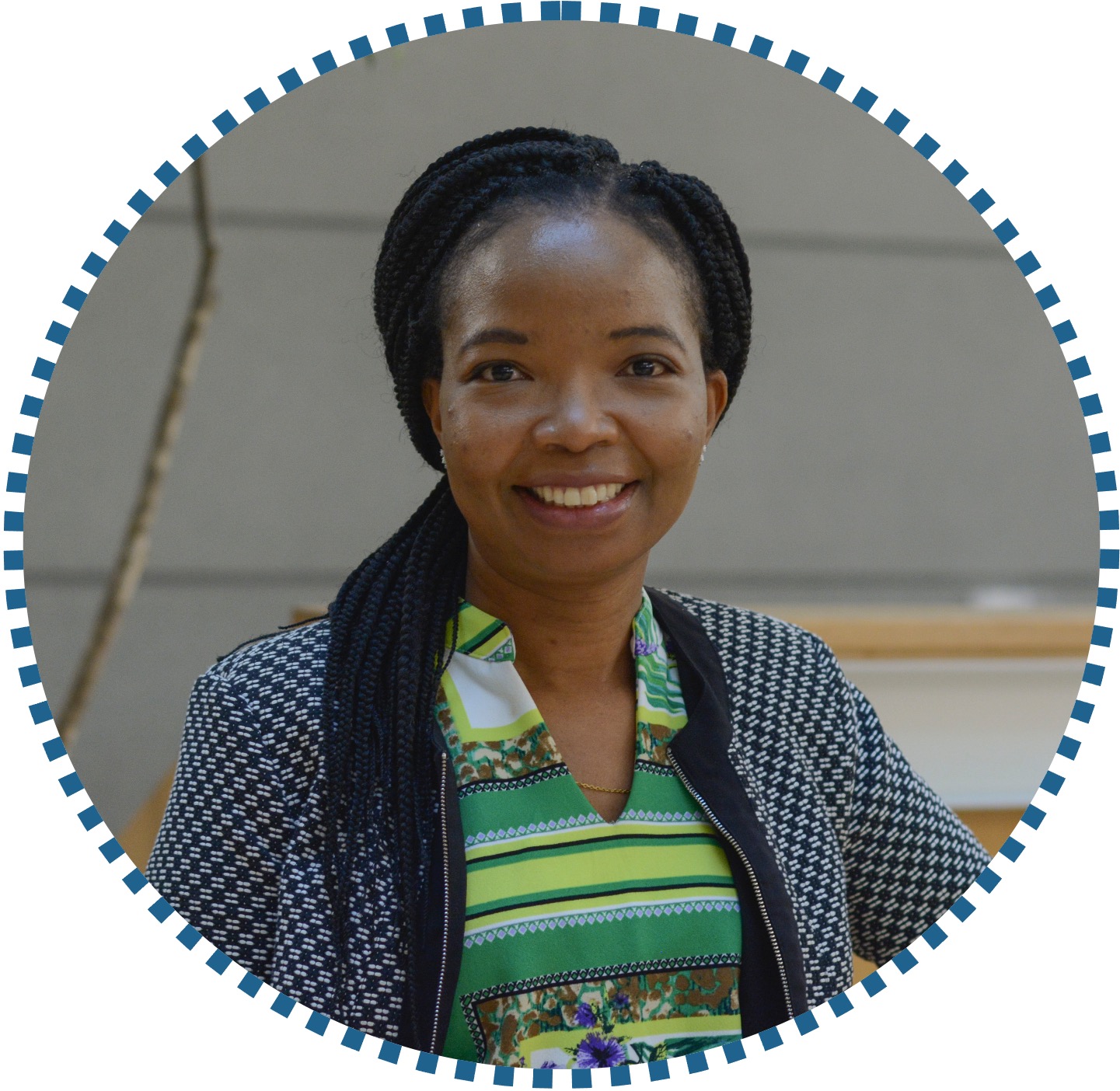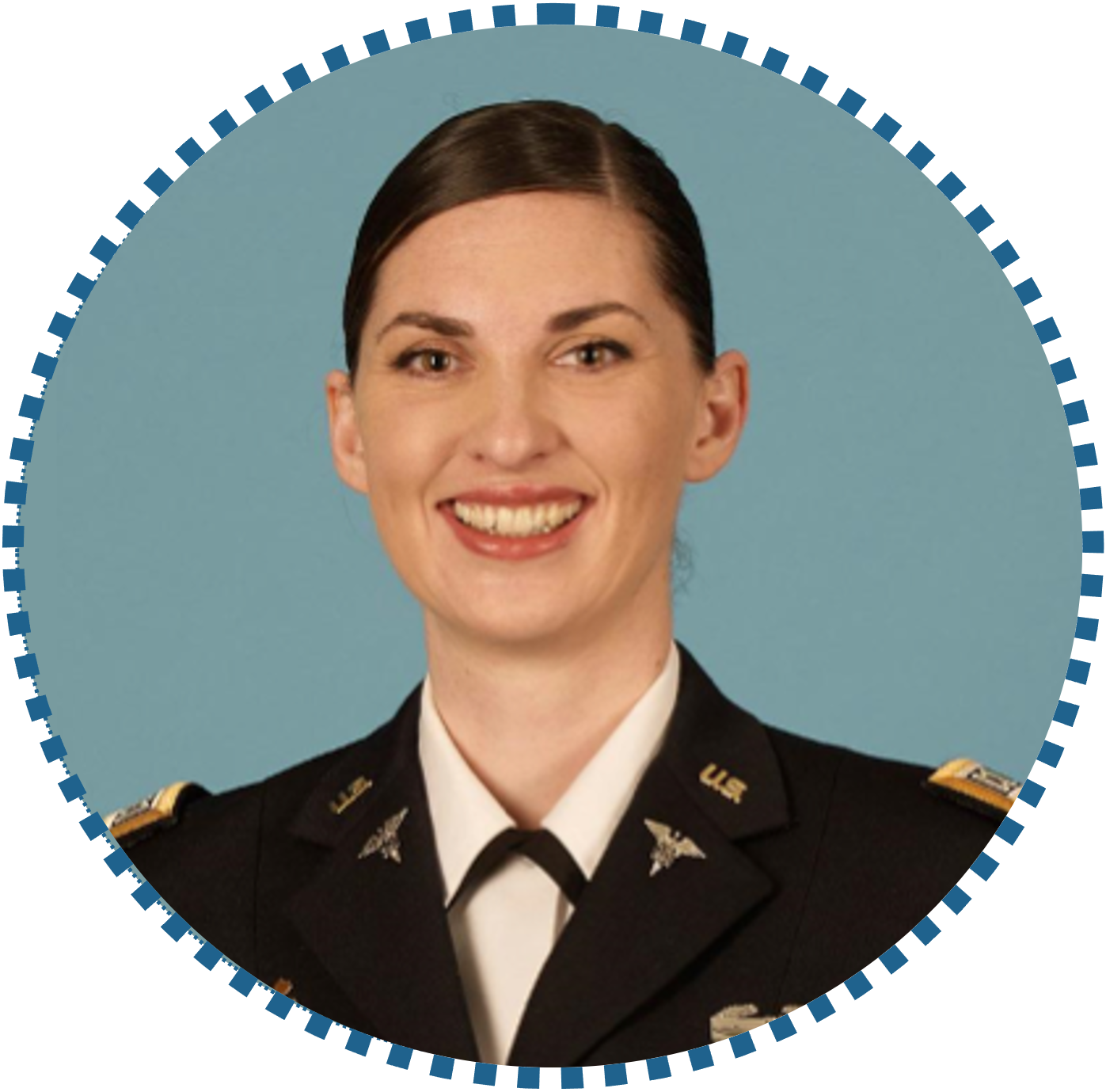Women make up almost half of the U.S. workforce, but fill only 27% of science, technology, engineering and math (STEM) positions. February 11 is International Day of Women and Girls in Science, a day to create awareness of the STEM gap and recognize the roles women in STEM play in advancing their fields. MHRP is proud to encourage and celebrate the contributions of women scientists at every level. The program's roster of scientists and research support staff is 71% women, and women research physicians, COL Julie Ake and Dr. Sandhya Vasan, occupy MHRP's two highest leadership roles.
To commemorate the day, we profiled four women MHRP researchers to learn about how they embarked on STEM careers, what inspires their interests and their advice for young scientists. Echoing throughout their experiences is the lasting impact of early mentors, and unanimous advice for aspiring scientists to overcome hesitancy and self-doubt to get involved in their fields of interest.
 MAJ Baishali Kanjilal, PhD, PMP
MAJ Baishali Kanjilal, PhD, PMP
Chief Regulatory Project Manager, MHRP
Question: What advice would you have for young girls or women who want to pursue research careers?
Answer: Every young girl interested in science should believe in herself: If you are passionate about science, you should pursue your dreams. As a little girl growing up in 1980s India, I had to break gender stereotypes. I was very lucky to have parents, specifically a mother, who was supportive of my scientific abilities and my desire to study science from a young age. Coming from a third-world country gave me a strong inner drive to succeed and do something better not only for myself but for my country and my people -- a drive that led me to the positions I've held, and currently hold. Without being conscious of it, I struggled with imposter syndrome, a true concept experienced by so many underrepresented populations in the STEM field.
Read more from MAJ Kanjilal's Q&A
 Jiae Kim, PhD
Jiae Kim, PhD
Research Scientist, Laboratory of Adjuvant and Antigen Research
Question: What inspired you to pursue a career in science?
Answer: I grew up always being interested in science with the intention of being a medical doctor. I had my first scientific laboratory experience in high school while working at a Head and Neck Cancer laboratory at Memorial Sloan Kettering in New York City. I worked directly with a Research Associate who was always so patient and willing to teach me any of the techniques that were being performed in the lab, including tissue culture and microscopy. Laboratory experiences in college and in summer undergraduate research programs solidified my desire to pursue a career in science. My graduate school advisor, Dr. Karen Anderson, has been an influential mentor and continues to be so today.
 Thembi Mdluli, PhD
Thembi Mdluli, PhD
Computational Biologist, Systems Serology Core
Question: What advice would you have for young girls or women who want to pursue research careers?
Answer: Be curious, ask questions, do not be scared, and do no limit yourself. Science is not for a select few. If you are interested in a science career, reach out to scientists in your schools or in industry and find out what they do and how they got where they are. Do not self-doubt; you cannot know if you can do something until you try it. What I learnt about research is that failure is part of progress and part of the learning process, not the end.
Read more from Dr. Mdluli's Q&A
 MAJ Kathryn McGuckin Wuertz, PhD
MAJ Kathryn McGuckin Wuertz, PhD
Assist. Chief, Pre-clinical Research, Department of Vaccine Immunology
Question: What has been a highlight of your time working with MHRP?
Answer: Being a part of a global team with a joint mission to improve the health and wellness of humans on a global level. The degree of collaboration and engagement with partners across the globe is inspiring and an honor to be able to support.
Read more from MAJ Wuertz's Q&A
